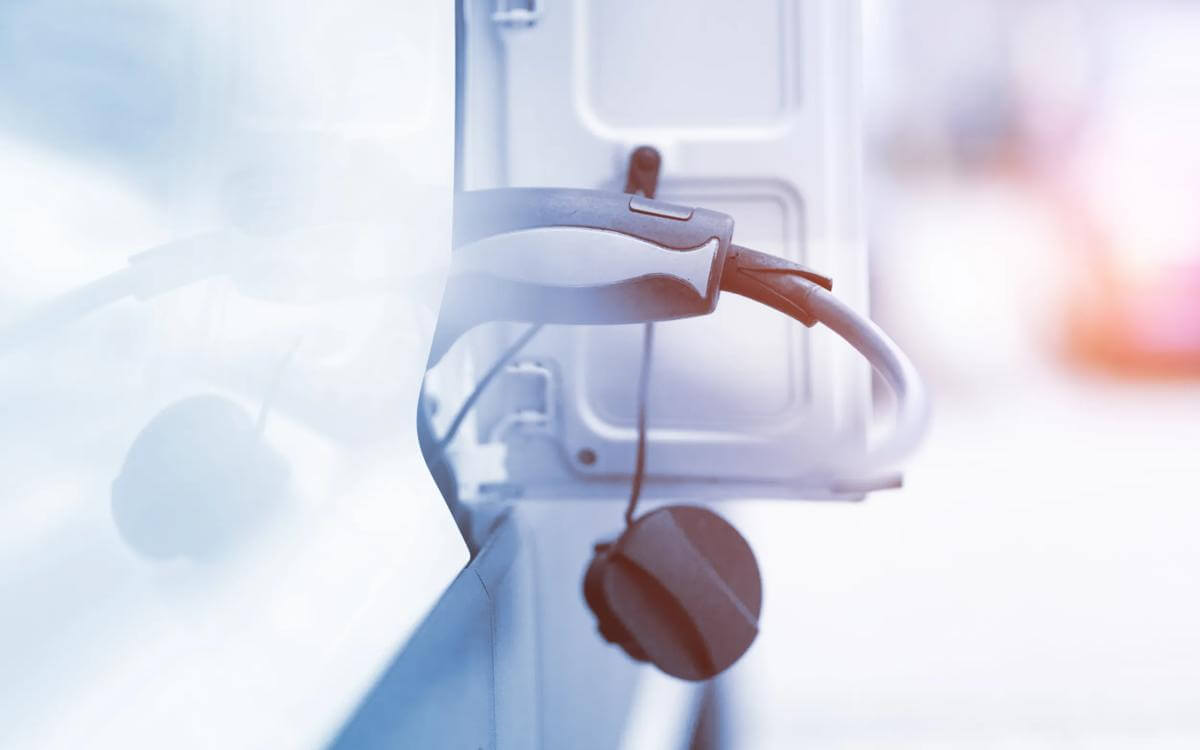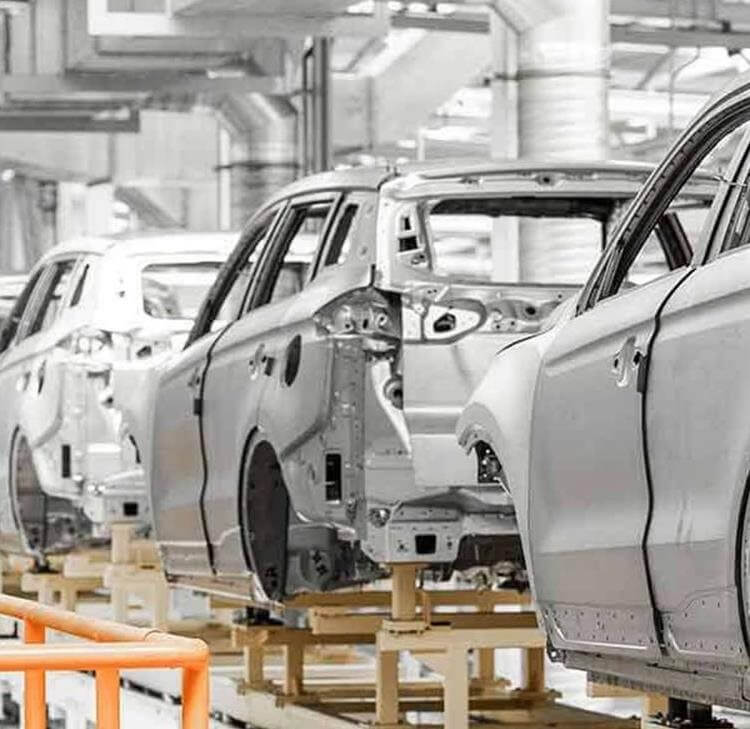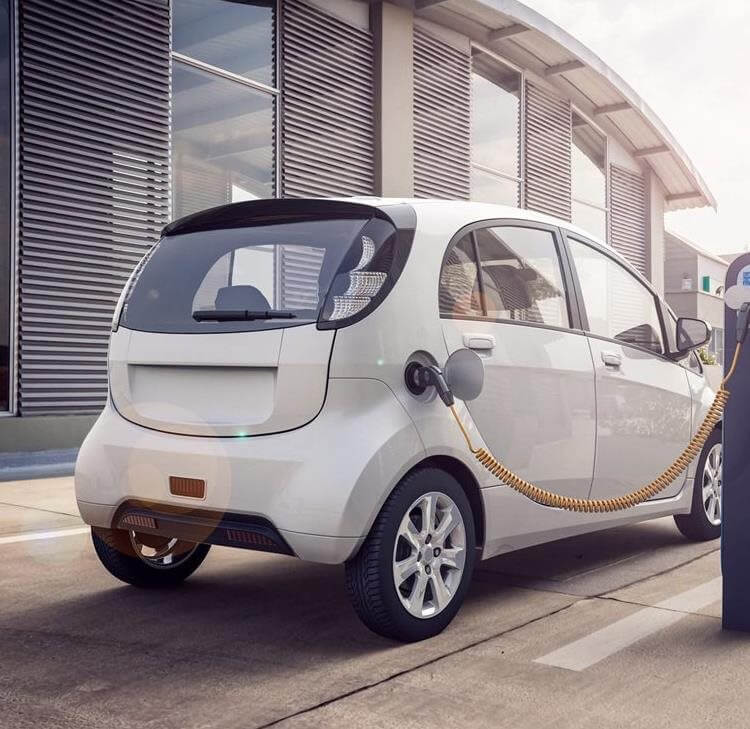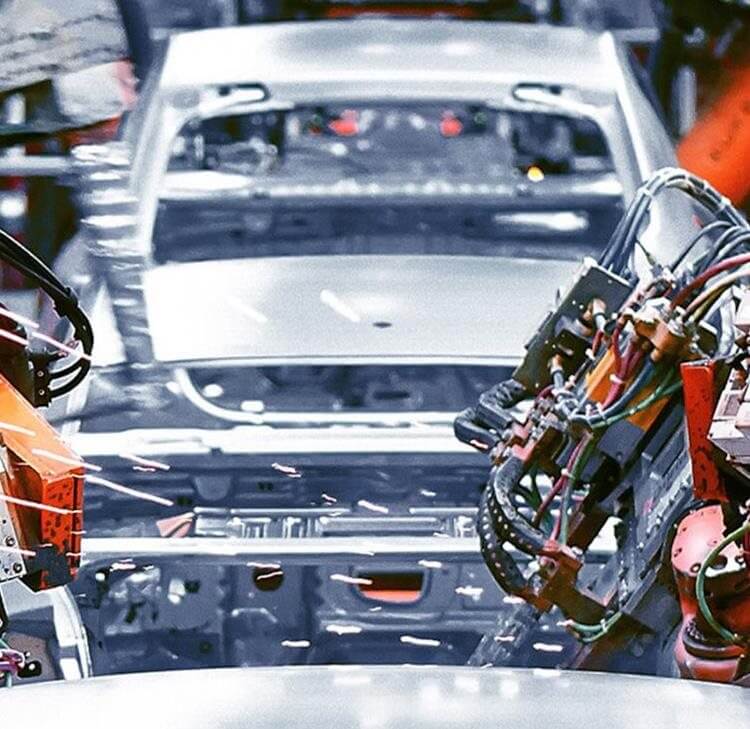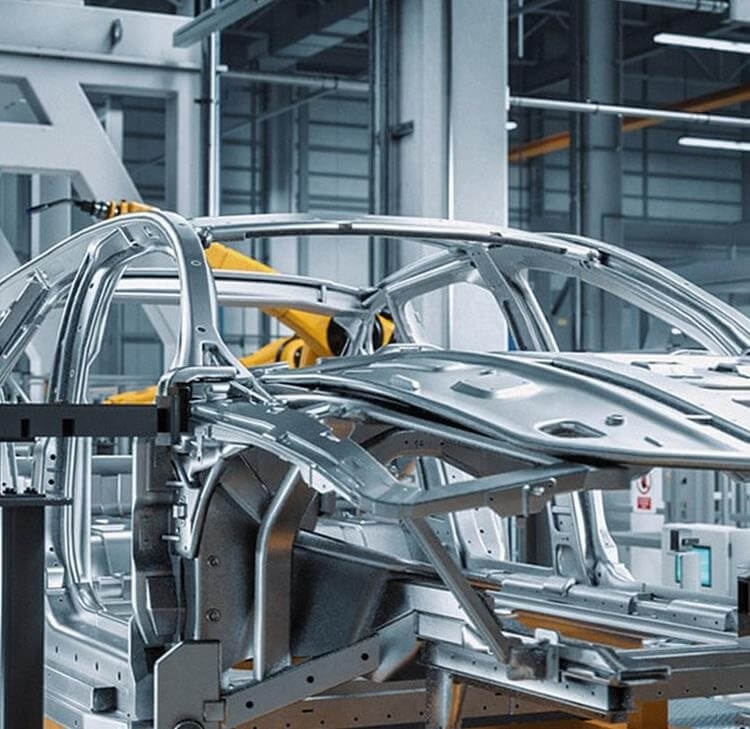Market Update: Automotive
The automotive industry is currently a hotbed of innovation. This year’s CES offered a number of highlights in the automotive arena where the ongoing electrification of leading product lines continued: General Motors announced an electric version of its Chevy Silverado pick-up truck, BMW unveiled a concept car which is capable of changing colour between black and white by activating electronic ink in a wraparound shell.
Innovation
The automotive industry is currently a hotbed of innovation. Nowhere was this more apparent than at the Consumer Electronics Show (“CES”) in Las Vegas held between 5 - 8 January 2022.
This year’s CES offered a number of highlights in the automotive arena where the ongoing electrification of leading product lines continued:
- General Motors announced an electric version of its Chevy Silverado pick-up truck;
- BMW unveiled a concept car which is capable of changing colour between black and white by activating electronic ink in a wraparound shell;
- Sony announced its plans to enter the automotive market through the launch of a new electric car company; and
- Agricultural machinery firm, John Deere, revealed a smartphone-controlled, autonomous tractor.
Perhaps the pick of the bunch, however, was Mercedes-Benz’s concept electric car with a range of roughly 620 miles – more than that of the Toyota Prius or Ford Focus, and almost twice the range of a Tesla Model S.
Interestingly, Apple has also been working on a self-driving electric car and according to one report released in November, the vehicle might be launched as soon as 2025.
Ongoing Challenges
Great strides have been taken towards an electric future in the automotive sector, with technology clearly driving the momentum, but it is still not without its challenges.
Whilst the likes of Mercedes demonstrate innovative ways of tackling limitations with the existing infrastructure, mass market EVs still demand the need for a greater charging network. On that note, we can expect to see the launch of the Local EV Infrastructure Fund by Summer 2022, which is set to support the roll-out of larger on-street charging schemes and rapid charging hubs across England.
The ongoing global chip shortage is affecting production volume and is causing delayed deliveries as the demand for EVs increases. As tech giants enter the market, there is more competition to produce cars with impressive features. New technologies, like those revealed at CES, are set to introduce colour changing cars and infotainment systems that boast theatre screens. This in turn will increase demand for semiconductors in vehicles, which will potentially be frustrated by the shortage issue. It begs the question as to whether electrification is practically sustainable as the market competes to produce high-tech EVs packed with features.
As chip supply restores, lithium battery supply is expected to pose a greater obstacle for the automotive industry. There is currently a disconnect between capacity and demand, threatening vehicle production. New technology may well combat supply issues; the development of a solid-state battery is said to offer increased cycle life and can be manufactured faster. Whilst this is an exciting breakthrough, it is some years before we can expect to see solid-state EV batteries on the mass market with automotive giant, Toyota just announcing that its first vehicle to use solid-state batteries will go on sale by 2025.
Notwithstanding the obstacles faced by the transition to electric, encouragingly EV registrations continue to rise and new players enter the market. Technology is at the forefront of that progress and the pace of change is only likely to increase.
Commentary
Recent announcements like those at CES demonstrate the resilience and ongoing innovation which currently characterise the automotive industry’s transition to electrification.
The increased range offered by Mercedes’ new concept (which, they say, will be commercially available by 2024) is of particular note. One of the widely held concerns about EVs is their limited range, and the availability of charging infrastructure. Mercedes may have eased some of those worries, however the development of the necessary charging infrastructure will need to continue at an equal pace in order to fully support the EV roll-out.
The prospect of Apple and Sony entering the EV market is also one to watch. The prospect of autonomous vehicles being a place for the consumption of entertainment content is likely to be a key part in the development of EVs, which speaks to a future in which the function of the vehicle is entirely re-written.
These recent announcements showcase the future of the automotive industry. Innovation is rapid, electrification and automation continue to be prized areas of development, and companies continue to show an ability to tackle radical shifts in the needs of consumers.
Contact

Mark Hickson
Head of Business Development
onlineteaminbox@brownejacobson.com
+44 (0)370 270 6000











